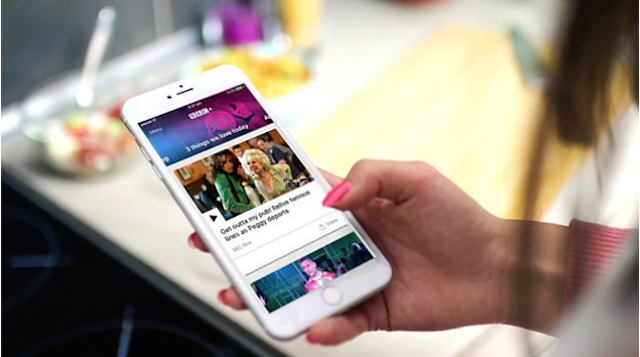Is the BBC storing your viewing history? Questions asked after BBC+ launch

Update: A BBC spokesperson provided TrustedReviews with the following comment:
“Users can provide personal information for some of our services to get a better, more personal experience. If a user deletes their account all personal data is deleted. It’s as though they never created one. The only data of any kind that we retain is the same basic and anonymous traffic data that we, or any other website, would receive when you visit it. This data is not linked to any individual and simply tells us that an article has been viewed or that a programme has been watched.”
Original story:
Following the launch of BBC+, a new service designed to deliver personalised content to viewers, questions have been asked over the data the taxpayer-funded corporation is collecting and storing.
The new service will deliver recommendations to smartphones and tablets based on viewing habits, but will require an email address to sign up.
The Register have been looking into the issue, with the BBC admitting some data is retained in “anonymised” form, even when viewers delete their accounts.
See also: What is BBC+ and how do you download it?
“
Given concerns over just how anonymous data collected in this manner truly is, the retention of such data may be a concern to come users.
BBC has pledged never to sell the data to advertisers, but whether it’ll be used to target users through the BBC Store or for other purposes remains to be seen.
In its privacy policy, the BBC has pledged: “We believe your data is yours. Wherever we collect and use your data, we will only use it to bring you the things that matter to you, surface hidden gems that you might not otherwise have found, and improve the BBC’s services. We’ll put you in control over how we use your data, and be open and transparent about what we’re using your data for. You will always be able to change or delete it.
“We will not do anything with your data that isn’t clearly explained, or that you don’t agree to. We will never sell your data, let other organisations track what you do with the BBC for their own purposes, or spam you.”
Of course, this isn’t the first time the BBC has enabled users to create accounts. My BBC has been a thing for years. But do you trust the BBC to look after your data? Share your thoughts in the comments section below.


